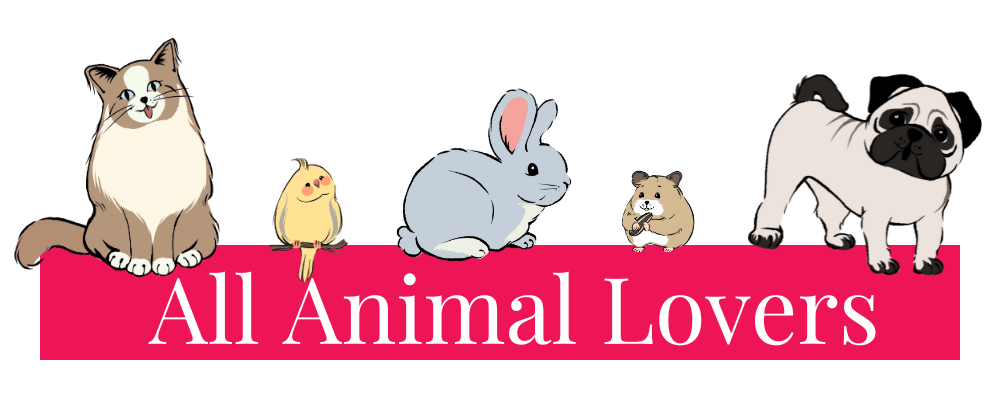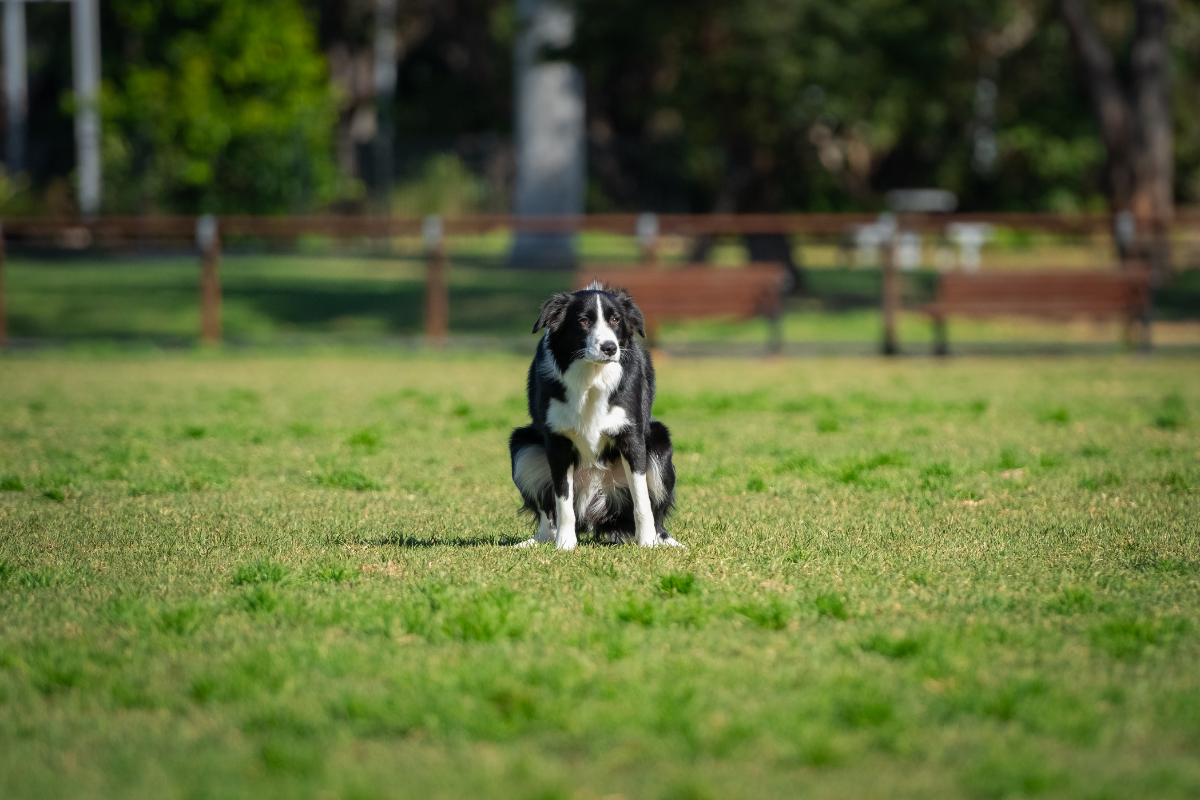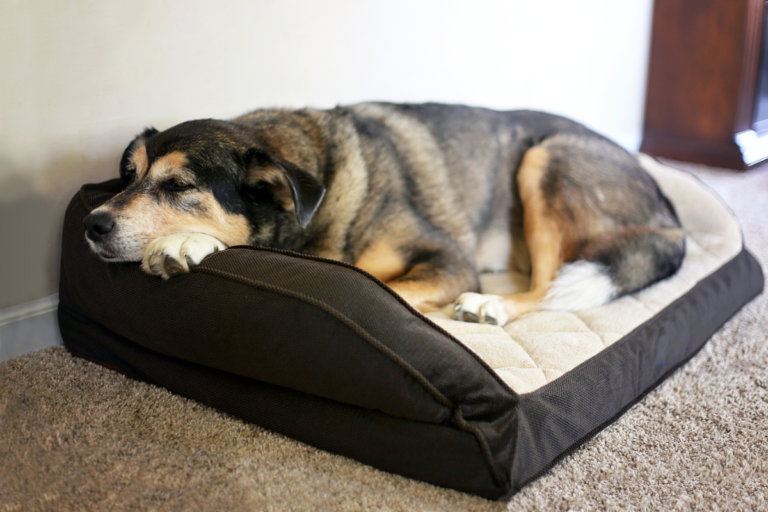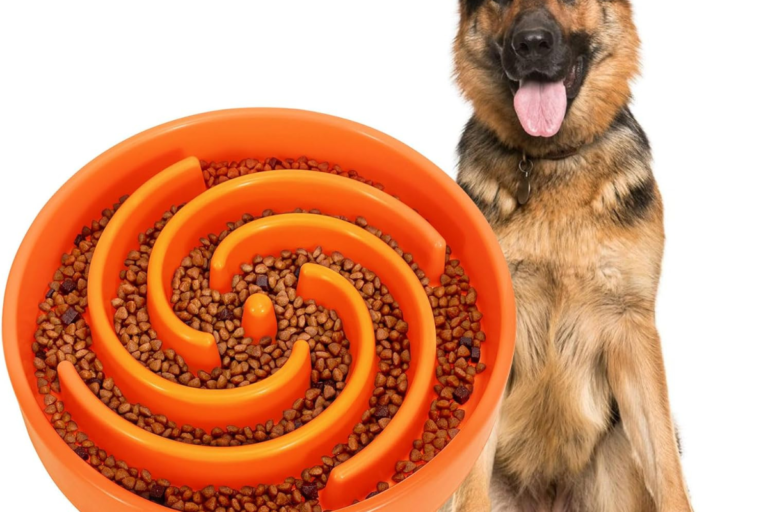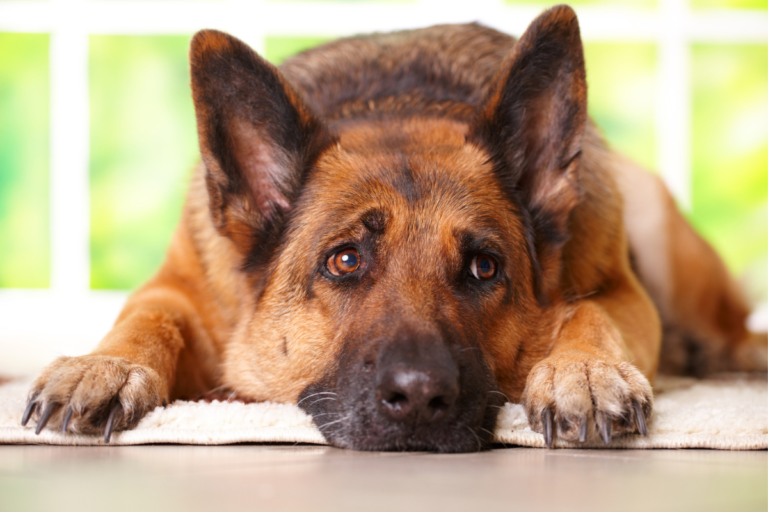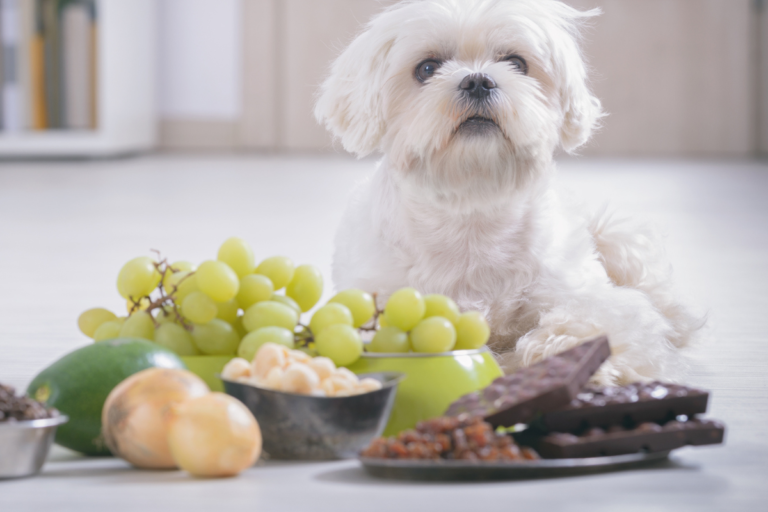Why Does My Dog Eat His Poop and What Can I Do About It?
This post may contain affiliate links, meaning if you decide to make a purchase via my links, I may earn a small commission at no additional cost to you. You can read our full affiliate disclosure by clicking here.
Have you ever caught your furry friend indulging in a rather unpleasant habit – eating their own poop? It’s not a topic that’s easy to discuss, but as a responsible pet owner and animal lover, it’s essential to address this behavior. In this blog post, we’ll delve into the reasons behind coprophagia (the scientific term for poop-eating) and explore what you can do to curb this less-than-pleasant behavior. If your dog eats his poop, this one is for you.
The Curious Case of Coprophagia: Why Dogs Eat Their Poop
Dogs are known for their quirky behaviors, and coprophagia is one of the more puzzling ones. Several factors can contribute to this behavior:
- Instinctual Behavior: One theory is that dogs inherited this trait from their wild ancestors, who would eat feces to eliminate evidence of their presence from potential predators.
- Nutritional Deficiency: Some experts believe that coprophagia can be a sign that your dog is lacking certain nutrients in their diet, prompting them to seek out these nutrients in feces.
- Attention-Seeking Behavior: Dogs are incredibly attuned to their owners’ reactions. If they notice that you react strongly when they eat poop, they may continue the behavior to get your attention.
- Boredom: Dogs that don’t get enough mental and physical stimulation may turn to coprophagia as a way to alleviate their boredom.
- Medical Issues: Certain medical conditions can cause dogs to eat their feces. It’s essential to rule out any underlying health problems through a vet checkup.
How to Address Coprophagia in Your Dog
Now that we understand some of the reasons behind coprophagia, let’s explore what you can do to manage or prevent this behavior:
- Nutritious Diet: Ensure your dog is on a well-balanced and high-quality diet. Consult your veterinarian for recommendations and consider specialized diets if nutritional deficiencies are suspected.
- Regular Exercise and Mental Stimulation: A tired dog is less likely to engage in undesirable behaviors. Keep your pup physically and mentally active to combat boredom.
- Behavior Training: Positive reinforcement training can be a useful tool in addressing coprophagia. Reward your dog for not engaging in this behavior and redirect their attention to more appropriate activities.
- Keep the Environment Clean: Promptly pick up your dog’s feces to eliminate the opportunity for them to indulge in this behavior.
- Consult a Veterinarian: If you’ve tried various strategies without success or suspect an underlying medical issue, it’s crucial to consult a veterinarian for a professional assessment and guidance.
In Conclusion
Coprophagia can be a perplexing and unpleasant habit for dog owners to witness. However, with patience, the right approach, and the assistance of a veterinarian if needed, you can help your beloved pet overcome this behavior. Remember that addressing coprophagia is part of responsible pet ownership and a testament to your love for your four-legged companion.
For more insights and tips on pet-related subjects, stay tuned to my blog. And, as always, feel free to sign up for my email list to receive regular updates on pet care and well-being.
Stay tuned for more fascinating insights on all things pet-related. And don’t forget to sign up for my email list to stay updated with the latest pet tips and tricks.
